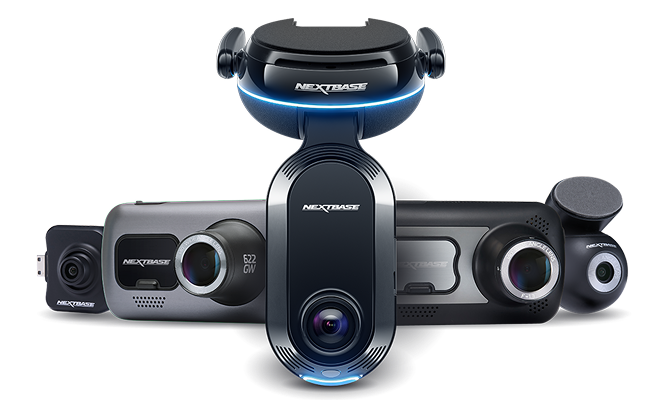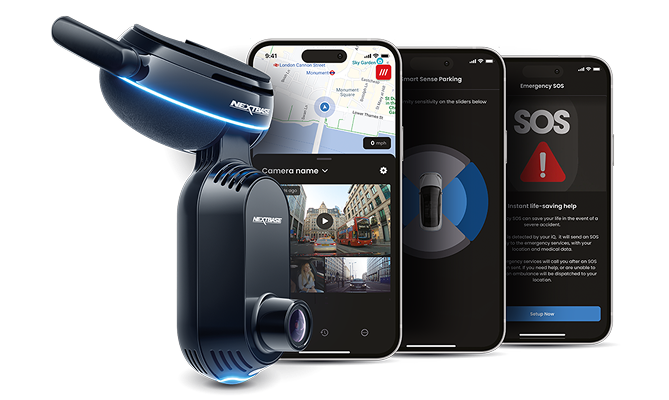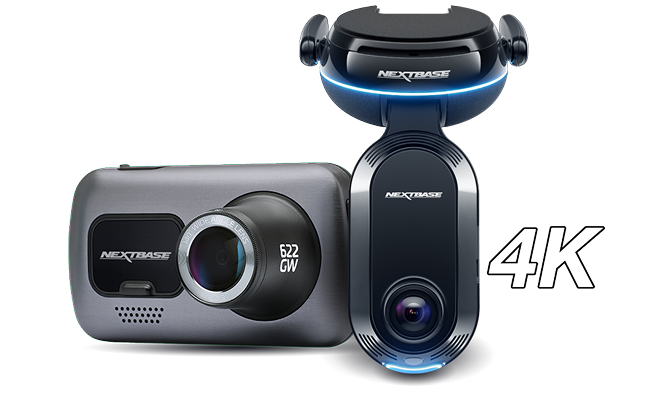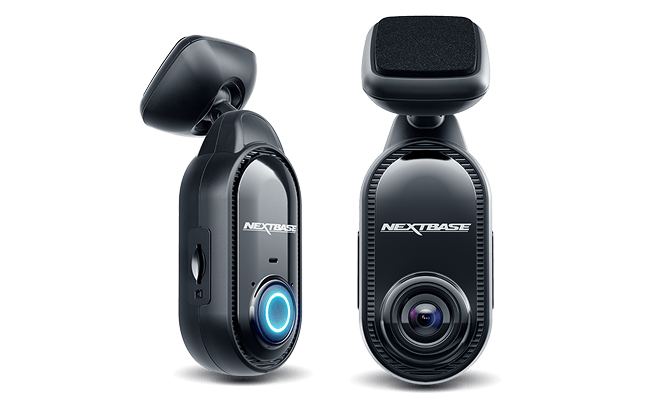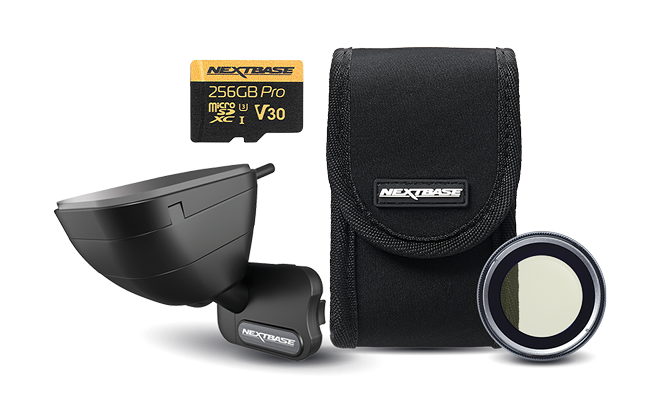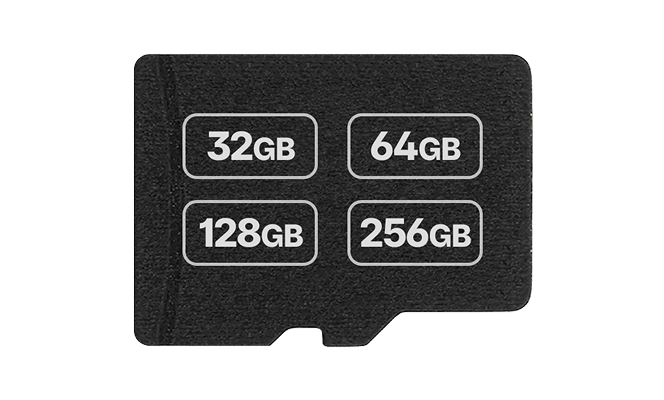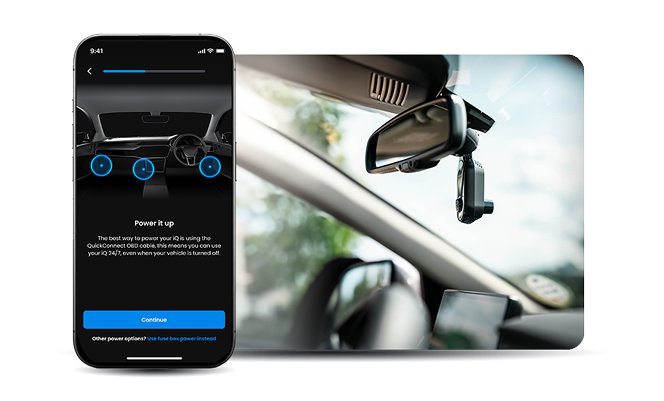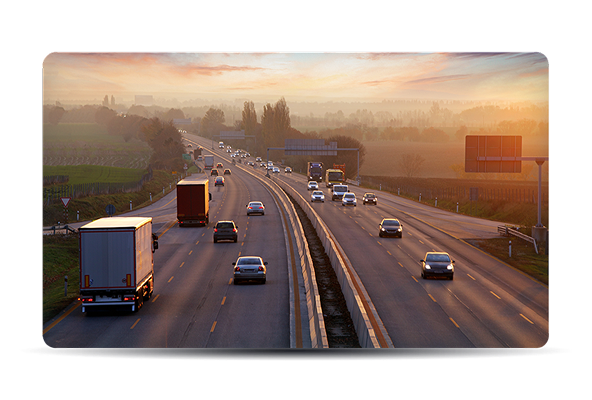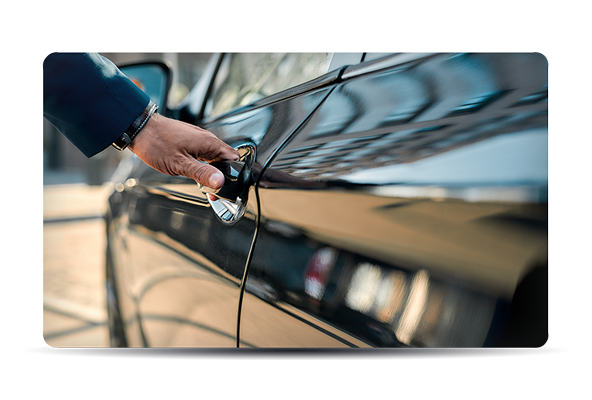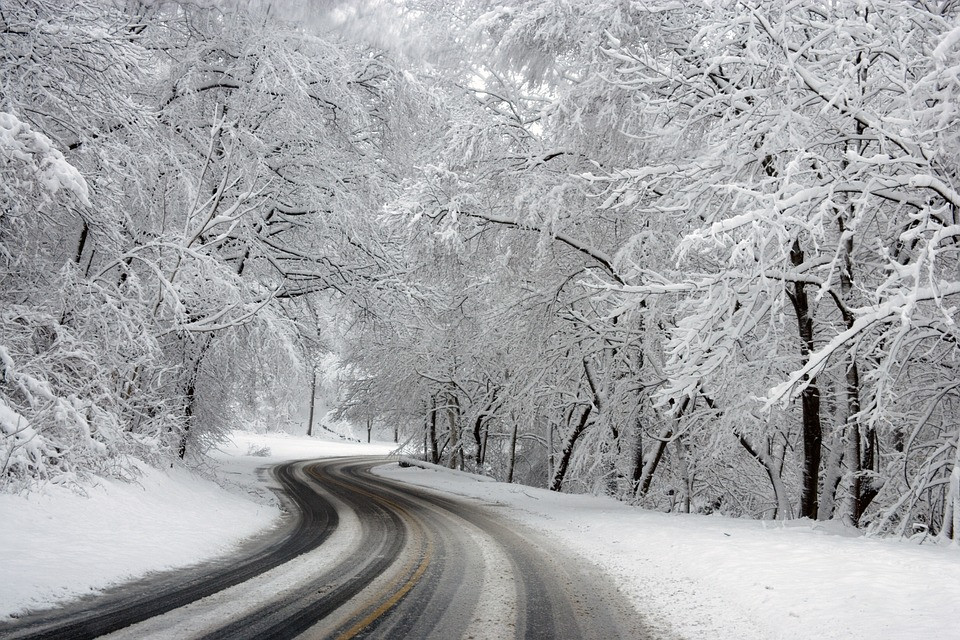David Williams, national motor journalist and road safety award-winner
Remember those stopping distances outlined in the Highway Code, that you diligently committed to memory to impress the L-test examiner? Course not; few people do and few people recall them for winter weather driving. It’s hard to remember abstract figures; even trying to remember the data in car-lengths was hard.
The best way of getting stopping distances fixed in your mind is to find one of those stretches of motorway where the Highways Agency – now Highways England or Transport Scotland – painted chevrons on the road, to demonstrate how much of a gap you should leave.
It’s far more than most people think and while critics are quick to point out that stopping distances were formulated when cars tyres were much skinnier and less effective, and before aids such as antilock braking, it’s worth playing it safe. After all, the biggest hurdle to stopping in time in an emergency is the reaction time of the driver, and if they’ve been distracted by the radio, chatting to a passenger or perhaps a hands-free phone call, their reactions might be well off the pace.
Winter weather driving hazards
At this time of year though there are obvious additional hazards, as I reminded myself when I went for a motorcycle ride through Sussex a few days ago and found the muddy slipperiness of the roads – also strewn with gravel and twigs – unnerving.
Now new research conducted by national law firm Irwin Mitchell has shown that almost a quarter of Brits have been involved in an incident due to the winter weather with many drivers admitting to not taking the appropriate precautions when on the road in treacherous conditions.
The findings also suggest that despite admitting they are not confident in bad winter weather, many drivers don’t drive any differently even if it’s snowing, there’s ice on the roads or there are high winds and rain (although that rarely applies to motorcyclists, who tend to have a highly developed ‘feel’ for road surfaces.)
Specialist serious injury lawyers at Irwin Mitchell see an increase in road collision enquiries in winter when compared with the summer months. As part of their #SaferJourneys campaign they’re working in partnership with road safety charity Brake to promote switched on and sensible driving this winter.
Research commissioned by the firm discovered that many drivers are not taking the appropriate precautions in bad weather and therefore are potentially putting fellow road users and pedestrians at risk of injury.
Winter driving survey
The survey of 1,647 UK adults that regularly travel, found that less than half feel confident driving in icy or snowy conditions and almost a quarter of drivers admit they have lost control of their vehicles or been involved in some type of winter incident from minor prangs to major collisions.
The research also revealed that 80% of respondents have witnessed examples of dangerous winter driving and that almost 40% do not reduce their normal driving speed during the winter months. 20% of those survived admitted to driving before their windscreen has completely demisted despite this being illegal. And plain daft.
Neil Whiteley, a Partner in the Serious Injury team at Irwin Mitchell, said:
“Our research shows many people are not taking the appropriate precautions when driving in bad weather, despite admitting that they are not comfortable in those conditions. Some of the findings from the survey make difficult reading and if you don’t feel confident on the road then leave your vehicle at home.”
Brake’s Campaigns and Communications Director, Gary Rae said:
“Ice, snow, heavy rain and fog make driving incredibly risky; stopping distances double in the wet and increase ten-fold in ice and snow. If snow is forecast we urge people not to drive, but if you get caught in bad weather the critical thing is to slow right down and keep your distance, bearing in mind it will take you much longer to stop in an emergency or to react if visibility is reduced.”
So, good advice. If you do have to drive, keep your distance and keep your dash cam switched on; you never know what you might come across…

